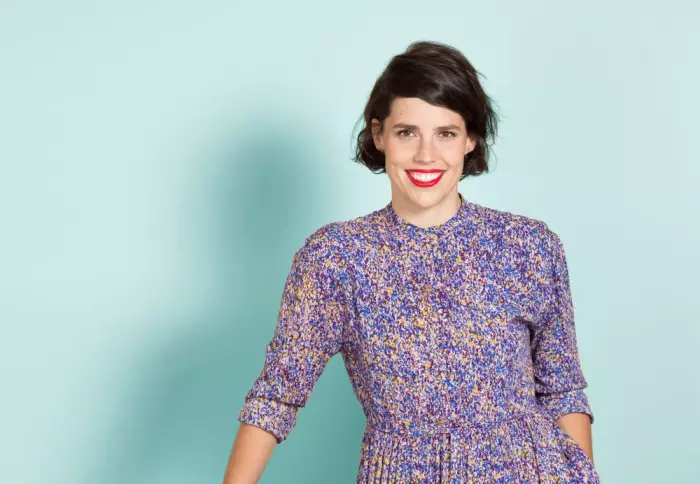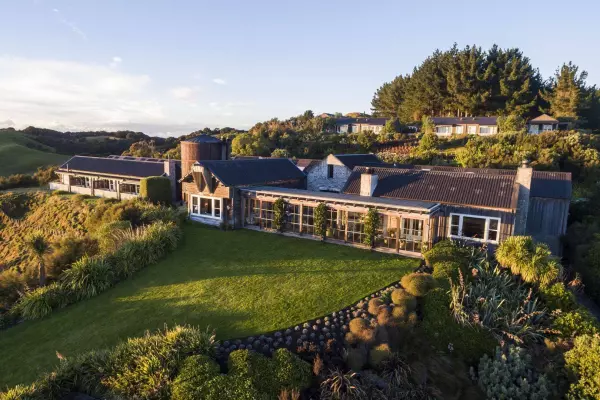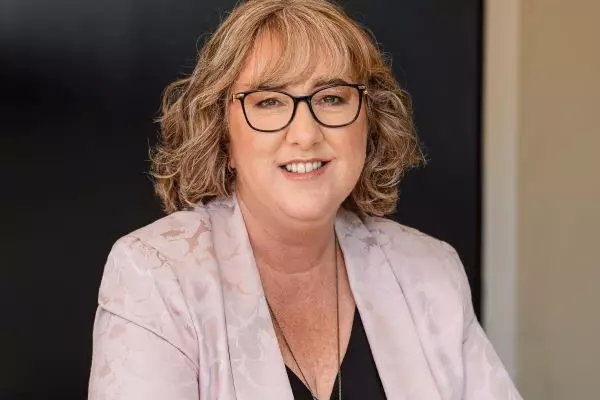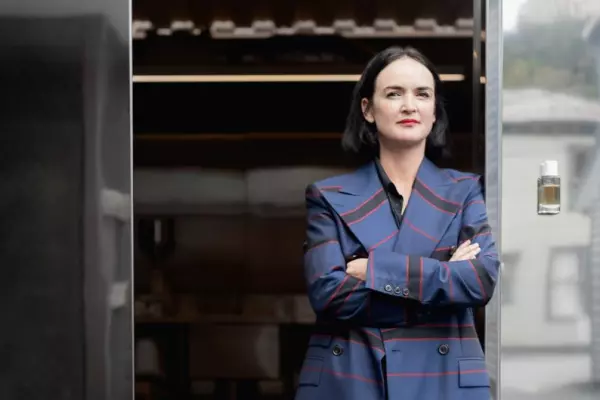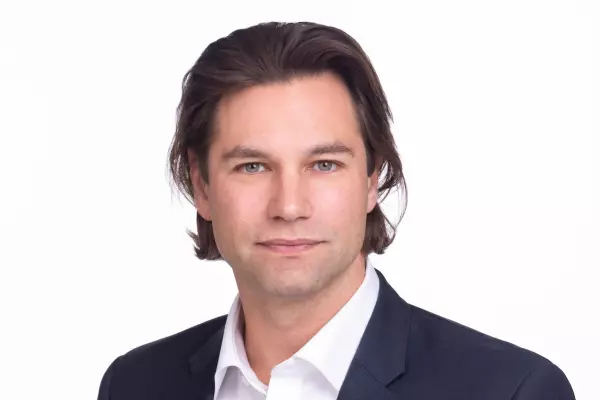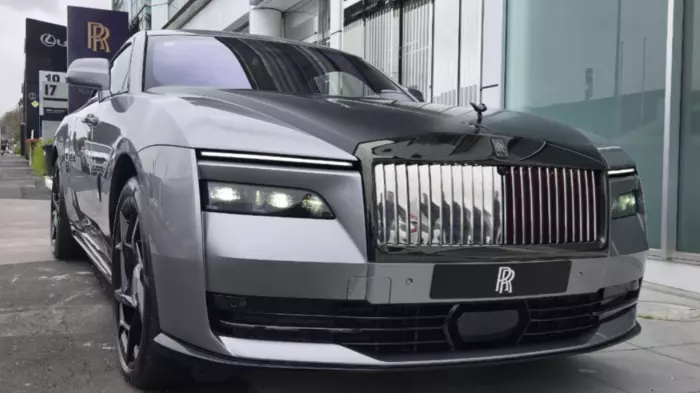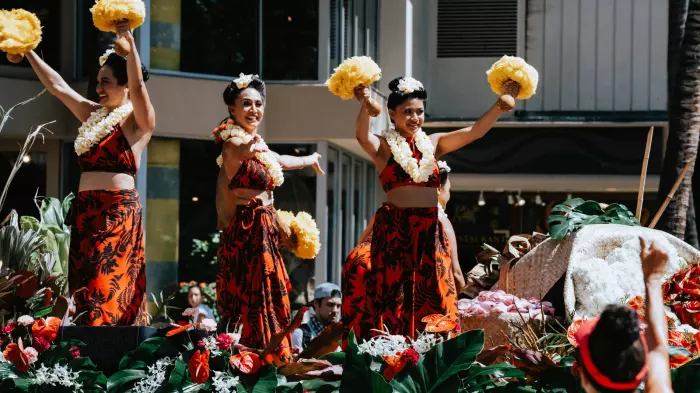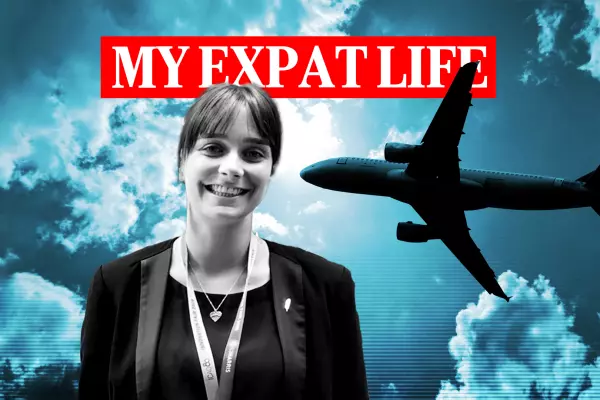Anna Ross is a Kiwi entrepreneur who founded ethical cosmetics brand Kester Black. She’s a former Telstra Australian Young Business Woman of the Year and has recently moved her business from Melbourne back to Otago, where she grew up.
Your path to the current business model has taken several turns. What has that taught you about launching a start-up?
That pivoting is great. I started in fashion. And then I took up jewellery. Originally, this was a hobby that gave me creative freedom to just change my mind. I wasn't really living off the money, so it wasn't a risk to try something new. I didn’t look at it like a business until it started making money. Now, the business is nail polish – this is my niche, my product. I found a gap in the market at that point.
How do you choose which products to launch?
Generally, when you launch a beauty brand, you would go in with a full range. But we just do it piece by piece because we can only afford to do it that way. We're about to launch four eyeliner shades to test if it [that product line] will even work. We once launched hand soap and moisturiser and had only 2000 units, but it took us four years to sell them. It was a complete disaster and a really bad decision.
Are you risk averse because of that?
Now I know, I probably am because the stakes are higher. Every time we launch a new product, it's essentially between €50,000 to €100,000 [Kester Black products are formulated in Italy]. When I launched the soaps, I didn't realise that some of the brands in the market have amenities contracts to supply hotels. It’s getting harder to fail because we invest more in things.
Where did you secure the funding to start your business?
It was $50 from my wages. I made 10 pieces of jewellery, and then I sold those 10 pieces and I had $200 to go and do jewellery casting.
Are you looking for external investment?
It would be really easy if we had money, if we could just pay for all the products that we've got in the pipeline and launch. We would be five years ahead of where we are now. This investment issue is really interesting, because I've always felt like investors were greedy and really hard to deal with. Finding an investor is a year-long thing. You've got to pitch to different investors, and then you’ve got to find the right ones. And then you've got to do due diligence. Because we’re small, I still work in the business a lot. So for me to take almost a year off and go and raise capital, I can't do it. So, I have this fear of investors and shareholders.
You describe your company as “good, weird”. What do you mean by that?
We do things in the beauty industry that are not normally done. We donate money back to social and environmental causes. We put all of our ingredients online, which [at the time] was like a massive no-no – nobody did it. We were the first cosmetics company in the world to get B Corp certified [awarded to products which “meet the highest standards of verified social and environmental performance, public transparency and legal accountability”] back in 2016.
Increasingly, the consumer expects ethical behaviour from companies. What is your view on big cosmetic companies who greenwash?
It gives us a bad rap as well. We are a tiny company who does everything that we can. And it's really hard for us to make a difference when we get slapped with a greenwashing claim. Recently, an influencer got a package from us. It was in Australia and we have a fulfilment centre there and they used the wrong box. It should have been a small box but they used our wholesale box, so [the influencer] told her followers on Instagram that we were greenwashing because the packaging was way too big and it was full of plastic wrappers. We went back and investigated – the box was recyclable and the wrap inside was biodegradable. You can't do anything wrong. You have to be 100% squeaky clean. It's very difficult, especially in cosmetics. You have to make sure you get it right.
How do you achieve cut-through in such a fiercely competitive industry?
We make really eye-catching campaigns that are quite different from anything else. When people see our brand, it doesn't look like the rest of the beauty industry. One of the biggest things we've done is really focus on word of mouth and reviews. A friend of mine said, “Anna, don’t you dare launch one of those crappy lipsticks because you only get one chance and you will never get any of your customers to buy again.” So, we waited a long time, but we got a fantastic formula. And women are lipstick loyal. Getting people to try the product is the hardest part. But once they've tried it, they are sold.
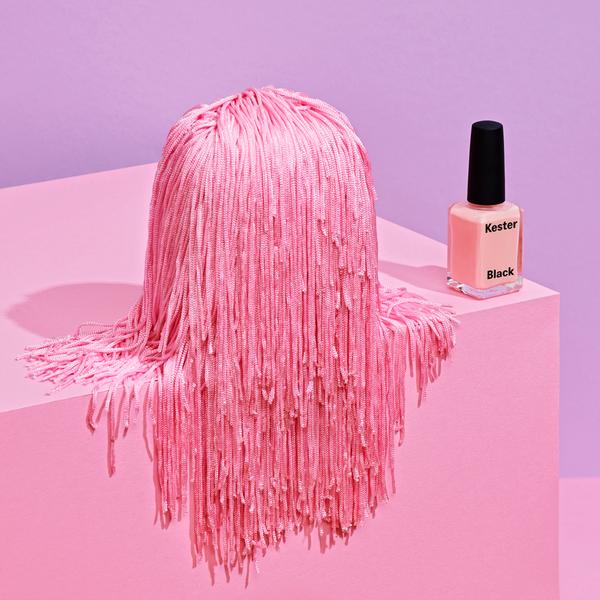 A Kester Black marketing image.
A Kester Black marketing image.
You’ve said the brand’s marketing doesn't look like traditional cosmetic-brand campaigns. What do you mean by that?
Our product imagery is different. For example, there is this photo of one of our nail polishes being held, but in a puppet’s hand. Most other brands would not risk doing that stuff. We keep going with what we developed early on, because now we’re getting traction, and it's put us into international department stores, including Liberty London.
Manufacture of your products in done in Italy. What is the manufacturing capacity like in New Zealand for the cosmetics industry?
The skincare manufacturing facilities here are fantastic, but not the manufacturing facilities for cosmetics. I don't even know of any. The reason we didn't make 100% natural lipsticks in Australia is the technology is just not there. The best part about going back to Italy is that these Italian companies have been running for 100 years. And they have a full in-house team of cosmetics formulators. So now the base formulations that you can get from those manufacturers are years ahead of what you can get in Australia. So, for colour cosmetics we will always stay international.
You have vegan products and halal certification for your nail polish. Why was that important to the business?
My rule of thumb, which is the opposite of niche, is don't cut any customer groups out by making silly decisions like vegan versus non-vegan. If you have a non-vegan or non-halal product, then you'll never get any vegan or Muslim women buying it. Whereas if you have a vegan product, you'll also attract non-vegans. I was always interested in making the product as accessible to as many consumers as possible.
What turnover have you built the business up to?
It's something that I don't want to disclose, but we're small; we're still sub $10 million. And it's changed a lot because we've actually removed a lot of those export markets, including Malaysia, which was one of our biggest markets. We had a really crappy last year and the cost of freight has gone up. Essentially, we moved back to New Zealand because we wanted to downsize operations to grow. So we are closing our European warehouse. We've decided we want to have exceptional experience and brand recognition only in Australia, New Zealand and in Liberty London.
You’ve won a clutch of awards, including the Telstra Australian Young Business Woman of the Year title in 2016. Does that open doors more easily for you?
Yeah, it does. The personal awards have been really helpful. The Telstra award was probably one of the best things that's ever happened to the business, because it's given us access to key players in the industry. I can now approach them and get a response.
You’ve had some very lucky breaks, and unlucky ones too. What’s next?
What’s next is to pull in the operations and make them really tight. Bring that brand positioning back to where it needs to be. We had a distributor in New Zealand who put us into a lot of stores that didn't align right. That's quite hard to come back from. Essentially, we are taking control of the brand and have shut down almost all wholesale – we're selling only through outlets that we want to be aligned with. But I would love to eventually get the interest of a big global player because I would really like to take this public.
What advice would you give somebody wanting to start up a cosmetics brand in New Zealand?
My best piece of advice is to really check the export regulations. That's the number-one tip.


